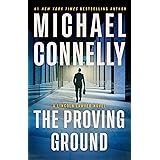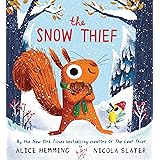“Unlock Your Creative Potential: The Surprising Secrets Behind an Effective Writing Plan!”
It’s not always easy to stick with a long-term writing plan. New ideas crop up, and sometimes we want to drop everything to explore them. Make sure you allocate time in your schedule to work on projects and ideas that fall outside of your main writing plan.
Here are some tips for establishing a long-term writing plan:
- List your goals. What do you want to achieve with your writing? Do you want to land an agent? Get your work published in literary magazines and journals? Do you want to be a full-time author, or is writing something you want to do on the side?
- List your project ideas. Include everything from poetry to blog posts to books. Then put them in order. Which one will you finish first?
- Establish a realistic schedule. I recommend always keeping one project in main focus — that’s the next project you’ll complete or in some cases, a project that will take a long time to finish. But you can work on other stuff simultaneously, as long as you allow for it in your schedule.
- Be reasonable and build in some flexibility. If you set unrealistic goals or make your plan too rigid, everything could fall apart when you miss one of your deadlines. Be sure to pad the time you need to finish a project.
- Document your long-term writing plan. This is when you write down your plan and make a commitment to it.
- Revisit your plan occasionally (especially after you finish big projects) to make adjustments. This is how you learn what you can truly accomplish and how much time you need to accomplish it.
Project Plans
Although some writing projects are short, like writing a blog post or a poem, many projects are rather big undertakings, such as writing a book (or a series), developing years’ worth of content for a website, or getting enough poems published to eventually put out a collection. I find that each project needs its own plan.


















